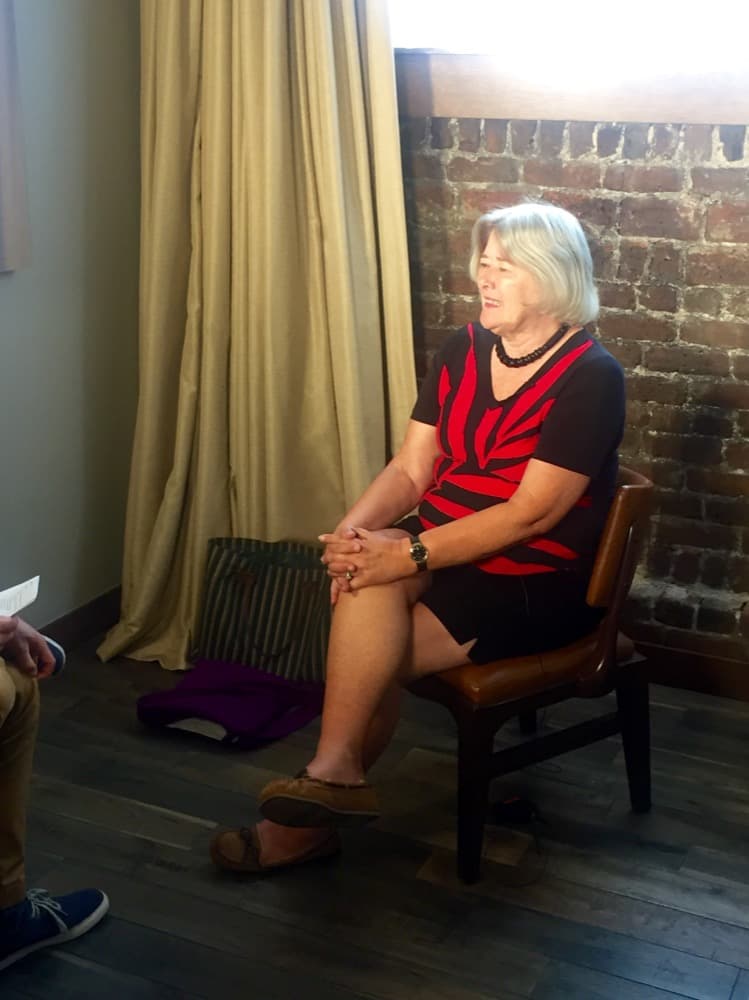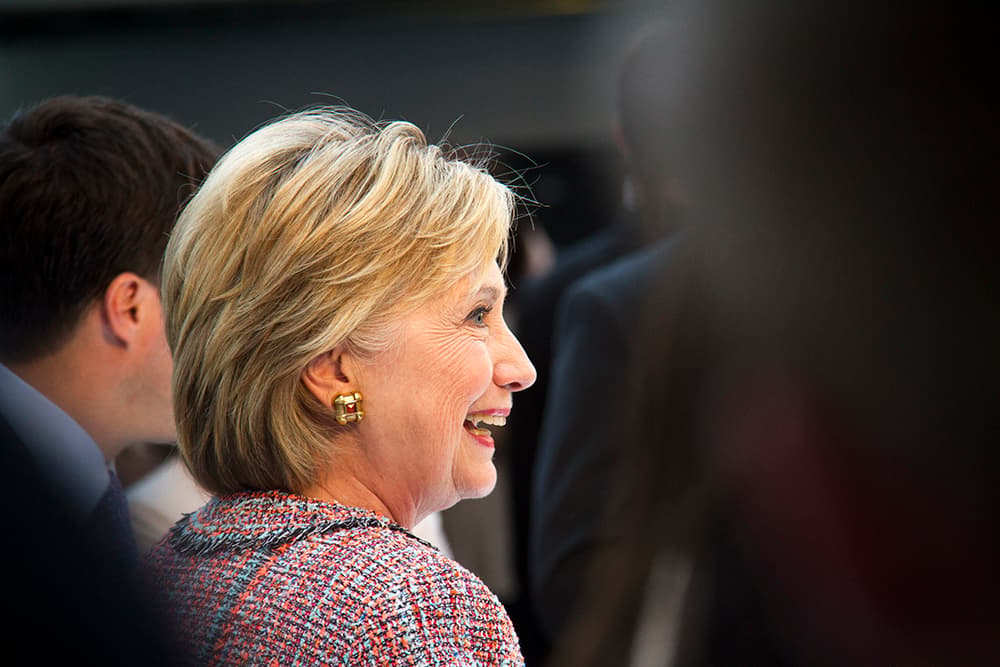The first female member of Congress to be elected in Colorado has endorsed the first female presidential candidate for a major party.
It's not exactly a shock that former Rep. Pat Schroeder would support Hillary Clinton for president, but it is historically meaningful.

Schroeder, first elected to Congress in 1972, briefly considered a run for president in 1988 after Gary Hart, whose campaign she chaired, withdrew.
Last month, Aurora Sentinel Editor Dave Perry recalled Pat Schroeder's emotional rally in Denver's Civic Center Park, when she said she would not run for president because the time was not right for a female candidate.
It was stunning to see one of the most powerful, unflappable and unstoppable women I’d ever known cry as she explained that this is not the time for a woman to run for president.
She was pilloried for the event, only because she was a woman. ... Despite what her critics said, she didn’t cry because she was being a baby about not getting her way with pursuing a run for the presidency. I was there, mouth open, hanging on every moment and word. It was so obvious that she was overcome by the anguish in knowing that a woman had no chance at the White House, only because she was a woman. Even her, Chairwoman of the House Armed Services Committee.
In Congress, Schroeder was a powerful force behind the 1993 Family and Medical Leave Act, an opponent of the Defense of Marriage Act and the person who coined the term "Teflon President" for Ronald Reagan, to whom no scandal ever seemed to stick.
In a conference call with reporters Tuesday, she said she could not imagine a more qualified candidate for president than Hillary Clinton and sought to put Clinton's "establishment" reputation in context.
She recalled Clinton's years of work with the Children's Defense Fund before she went to the White House.
"She is one of the great, great leaders on women's and children's issues that don't have big lobbying efforts around them," she said. " ... People in the establishment may have known her, but she was always pushing the establishment to do something it didn't want to do."
Schroeder said she decided to leave Congress after working in the increasingly polarized environment ushered in by Newt Gingrich in 1994, and she praised Clinton for being able to get things done in an even more polarized environment. She said Clinton learned from her experience with failed health care legislation as First Lady and entered the Senate as a "workhorse" who reached across the aisle and made progress on important issues.
"She is just the kind of person we need in this terribly poisoned atmosphere we're operating in politically," she said.












